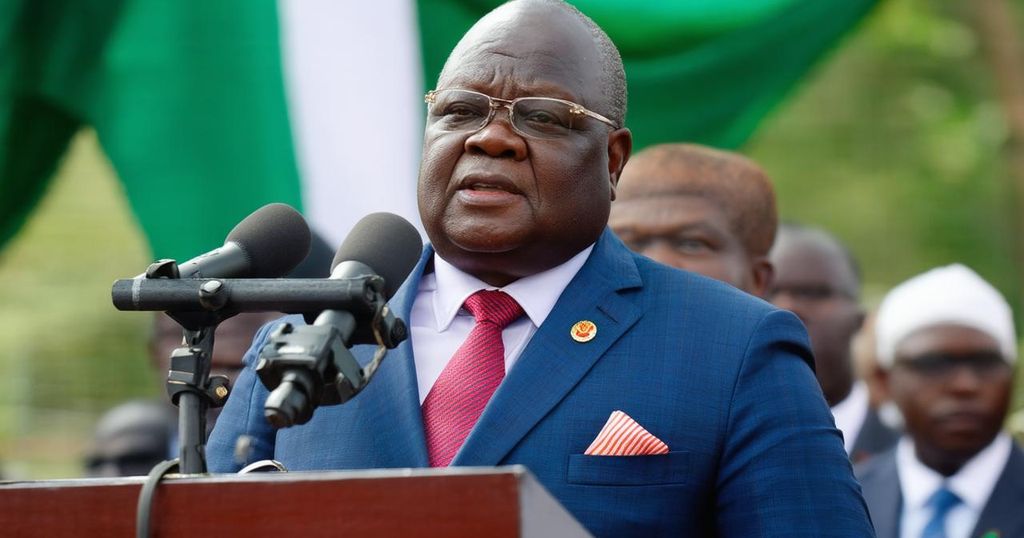Congo President Tshisekedi Draws Criticism Over Constitutional Reform Plans

President Félix Tshisekedi of the Democratic Republic of Congo has proposed constitutional reforms to potentially remove term limits, a move that has sparked criticism from opposition leaders who view it as a strategy to extend his rule. The proposal, if enacted, could exacerbate political instability in a nation fraught with challenges.
President Félix Tshisekedi of the Democratic Republic of Congo has proposed the establishment of a commission to consider potential amendments to the country’s constitution, including the controversial removal of presidential term limits. This proposal raises significant concerns about further political instability in a nation already grappling with a tumultuous history marked by conflict. Tshisekedi, who took office in January after a disputed election in December for what is ostensibly his final term, articulated his belief that the current constitutional framework, enacted after a referendum in 2005, is not adequately reflective of the nation’s present circumstances. Speaking to supporters in Kisangani, he asserted, “You have heard about a potential change to the constitution, we should not be afraid that this subject will be addressed,” asserting plans to initiate discussions on this matter in the coming year. Furthermore, Tshisekedi contended that the decision regarding term limits should ultimately rest with the populace, stating, “The people must decide if they want us to change.” He attributed opposition to his proposed reforms to those seeking to foster division within the country rather than promoting unity. However, leaders from the opposition have condemned these developments as indicative of a strategy to extend his presidency unlawfully. They liken his actions to historical precedents observed in other African nations, such as Guinea and Cameroon, where leaders similarly sought to alter the rules surrounding presidential tenure. Opposition leader Claudel Lubaya expressed grave concerns, claiming, “By changing the rules of the game to stay in power, the current regime is only seeking to prolong its political survival to the detriment of the people’s legitimate aspirations for fair, transparent governance.” Another prominent opposition figure, Moise Katumbi, who contested the most recent election, emphasized that the constitution was ratified by the Congolese people and posited, “Congo’s problem is bad governance, not the constitution.”
The Democratic Republic of Congo is rich in natural resources yet has endured decades of political instability and conflict. The constitution of 2006 introduced presidential term limits, stipulating a maximum of two terms in office. President Félix Tshisekedi, who ascended to power following a highly contested election, is now facing scrutiny for proposing reforms that could undermine this constitutional provision. Such maneuvers raise alarms regarding political integrity and the potential for unrest, drawing parallels with similar occurrences in other African nations where leaders have attempted to extend their rule through constitutional amendments.
In conclusion, President Félix Tshisekedi’s proposal to reform the constitution regarding presidential term limits has ignited significant backlash from opposition leaders and citizens alike. They argue that such alterations would serve to prolong his presidency at the expense of democratic governance and stability in the Democratic Republic of Congo. As Tshisekedi moves forward with his plan, the potential ramifications on the political landscape remain a cause for concern.
Original Source: www.usnews.com







